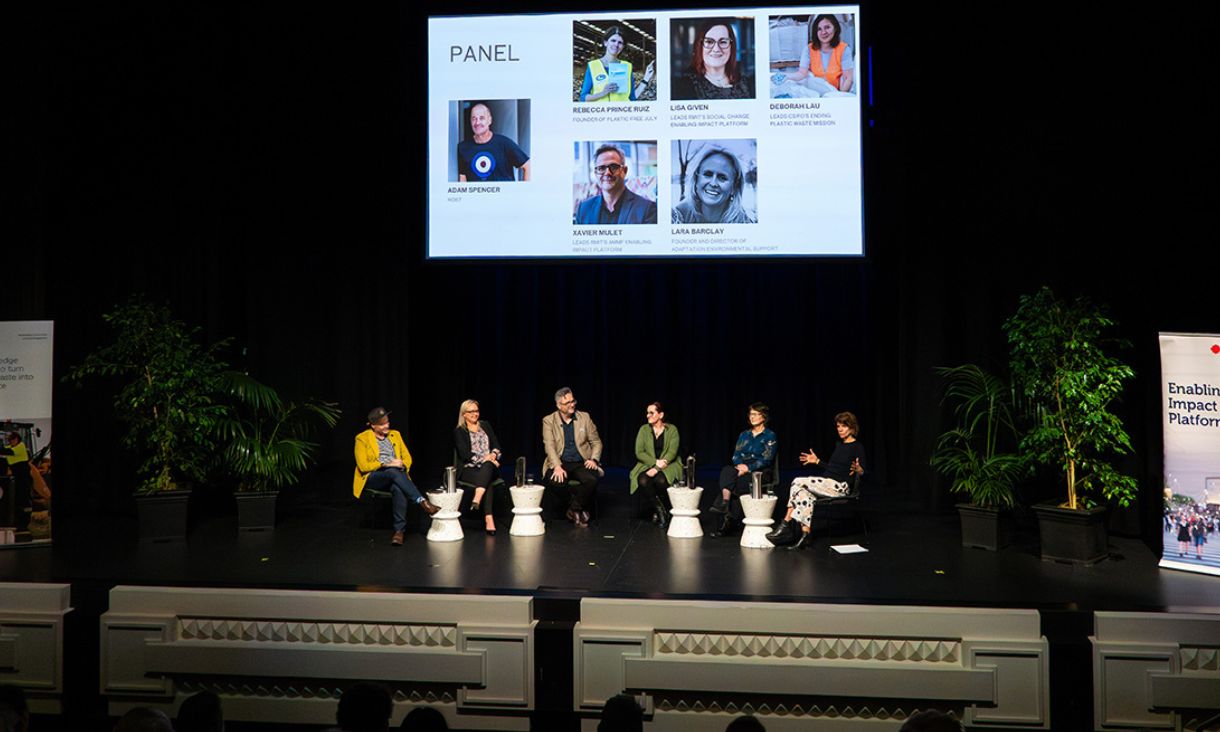Harnessing the human skill of creativity
“Automation as a result of digital transformation offers opportunities for individuals to grow, learn and take on jobs that are more engaging and enjoyable,” said Luke Preston, Industrialisation Director at Carbon Revolution and based in based in Geelong, Australia.
“Automation typically automates the more physically challenging and mundane aspects of a job, leaving behind the parts which are more mentally stimulating,” he said.
“If you look at some of the things that we automate in the automotive industry, whether it’s deflashing parts or sanding, it’s often the really physical, repetitive and less enjoyable tasks, which can even result in injury over an extended period of time.
“Automation gives these workers the opportunity to progress and to become the machine operators and the robot programmers – to really advance themselves and grow and use the mental capacity that everyone has.”
Preston said what’s also unlikely to be automated is creativity.
“The human skill of creativity will carry forward as automation continues to transform sectors,” he said.
“This skill sits behind everything we do and helps us to find creative solutions to challenges. And it’s one of the things I enjoy the most about my job.”
Personalising user experiences
“Data driven decisions are key for companies looking to personalise customer experiences,” said Nghiem Le, Founder and CEO of DataBrain and based in Ho Chi Minh City, Vietnam.
Sharing his perspectives through the lens of a marketer working with clients in South East Asia, Nghiem said that the ability to personalise customer interactions is key across all sectors – including automotive, manufacturing, hospitality and retail.
“As Soenke referenced, the lines between expectations in a B2B and B2C environment are becoming increasingly blurred,” he said.
“A big part of our work is helping companies with face recognition and personalisation technology using data, machine learning and computer vision.
“By having a deep understanding of customer interaction across various touch points, companies can use this data to enhance the customer experience.”
Nghiem said consumers today demand personalised experiences – and this can be delivered through data science and machine learning technology.
Story: Karen Matthews





